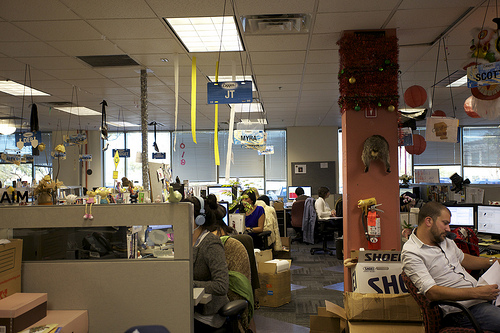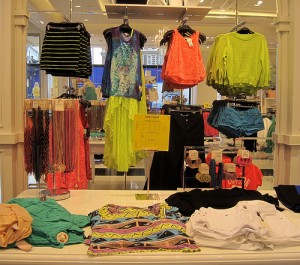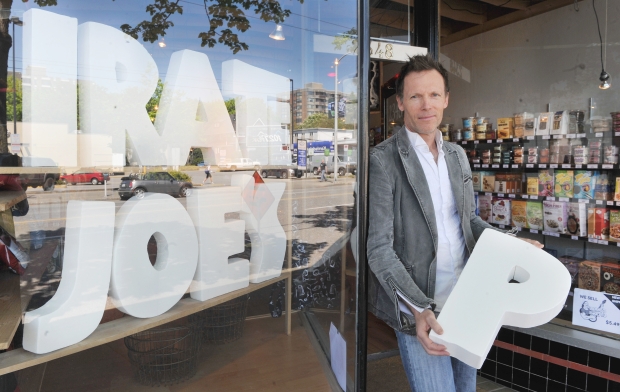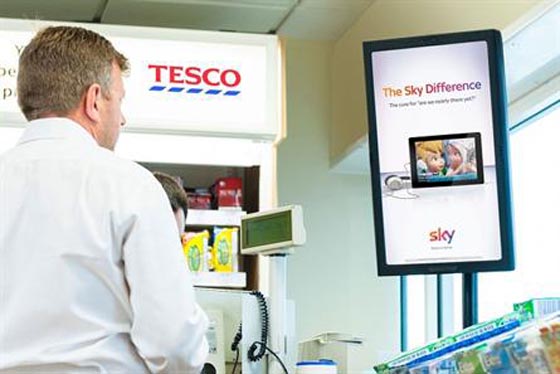Recently founded (2009) Vancouver-based company Herschel Supply Co. Ltd has already made its mark in the accessory industry. They have invaded university campuses with their ever popular backpack designs and have even begun producing laptop and tablet cases. Over the years, sales have soared, growing over 900 percent in 2010 and another 350 percent in 2011. Hershel can attribute much of its latest success to their solid business plan.

Herschel does a good job of understanding their customer segments. They are aware that their target market of young adults is quite fickle in that they are constantly following new trends. As a result, the company focused on creating a solid brand position to meet the value propositions of their customer segments. By having a reputation of producing classic good quality backpacks, Herschel backpacks will never be “just a fad”.
Hershel Supply Co. has also implemented good strategies for growth. Recognizing that there are different income levels among students, they hope to capture a larger segment of the market by offering three tiers of backpack collections.
Picture: Herschel backpacks are invading university campuses




